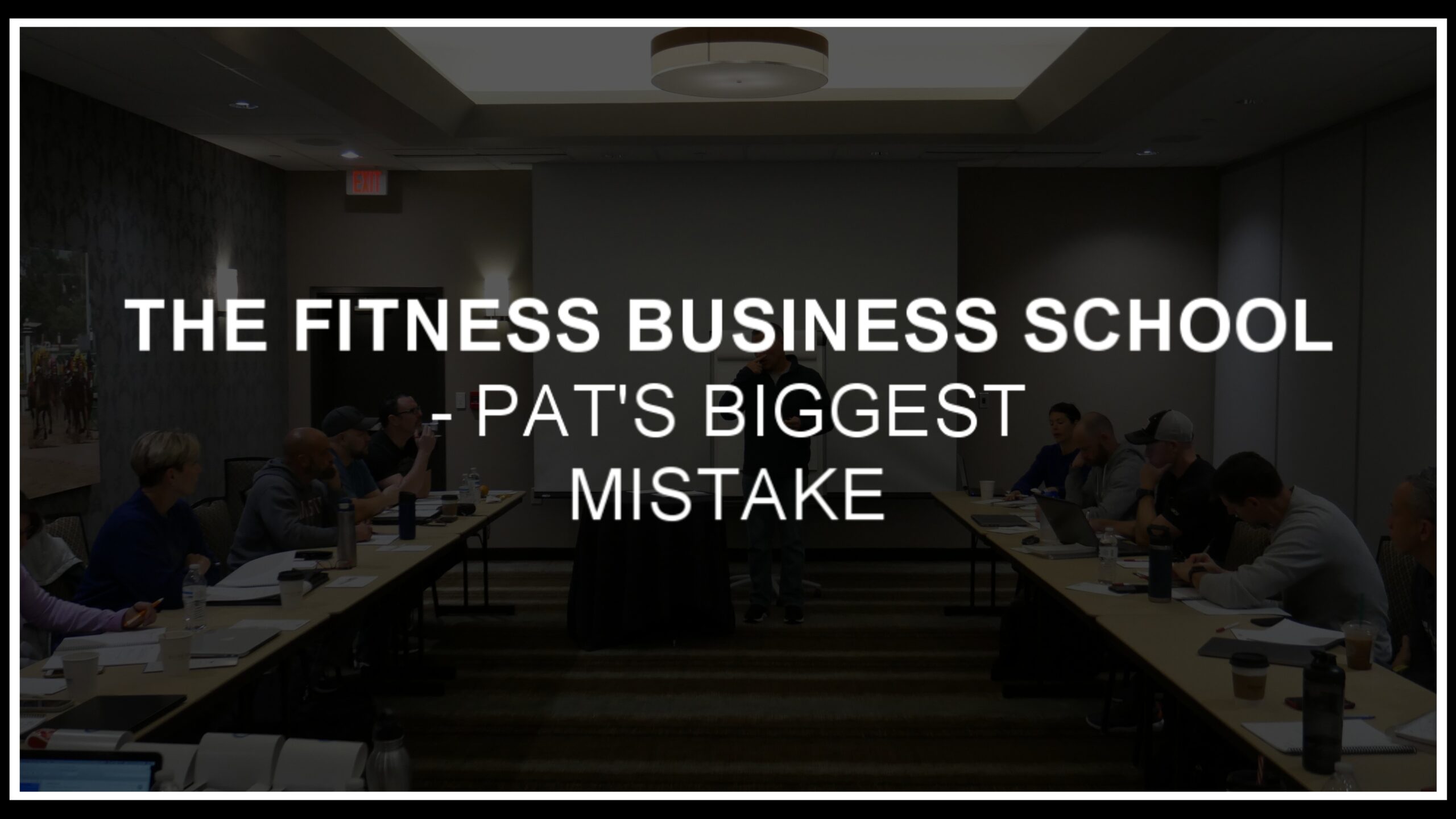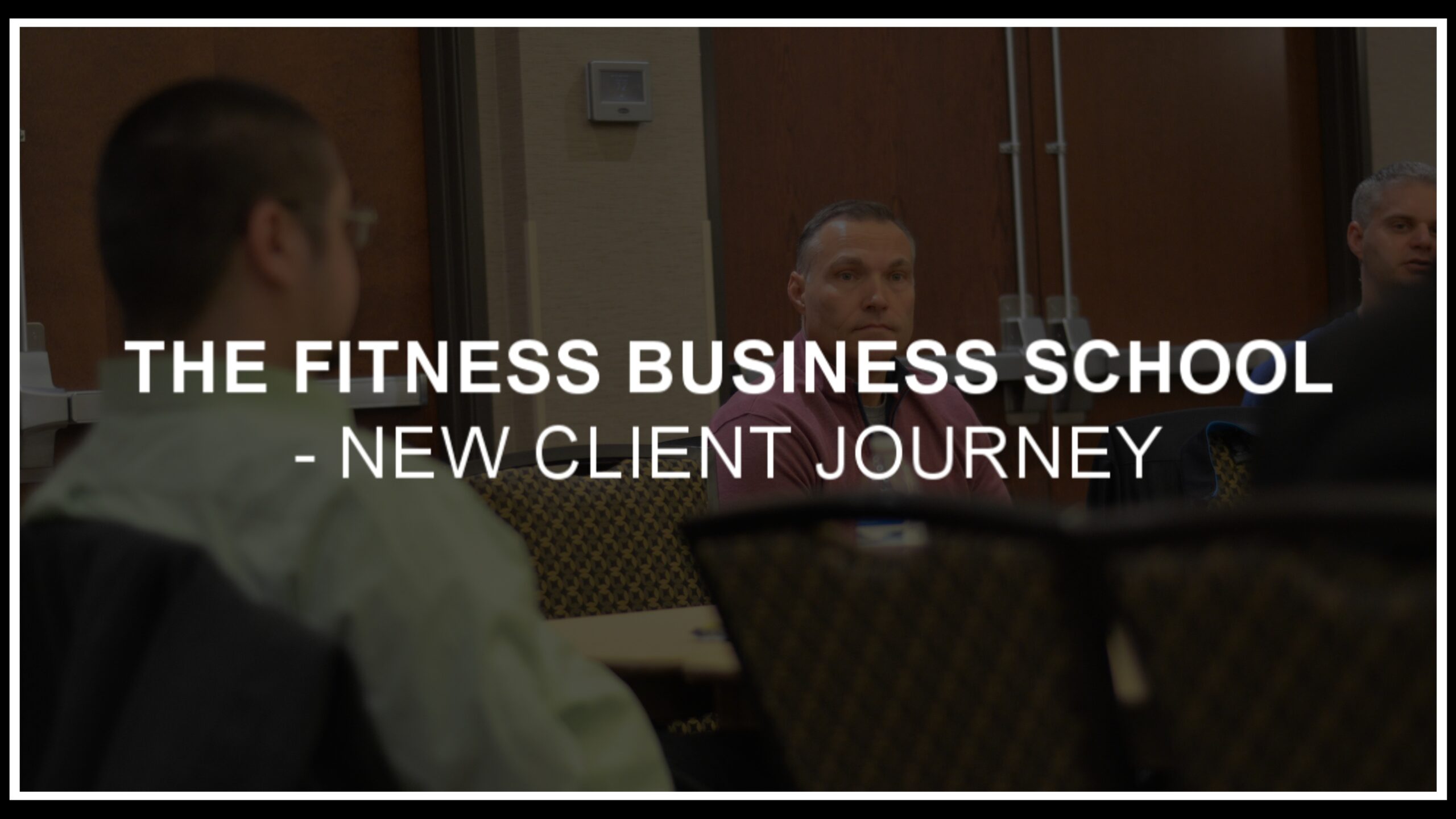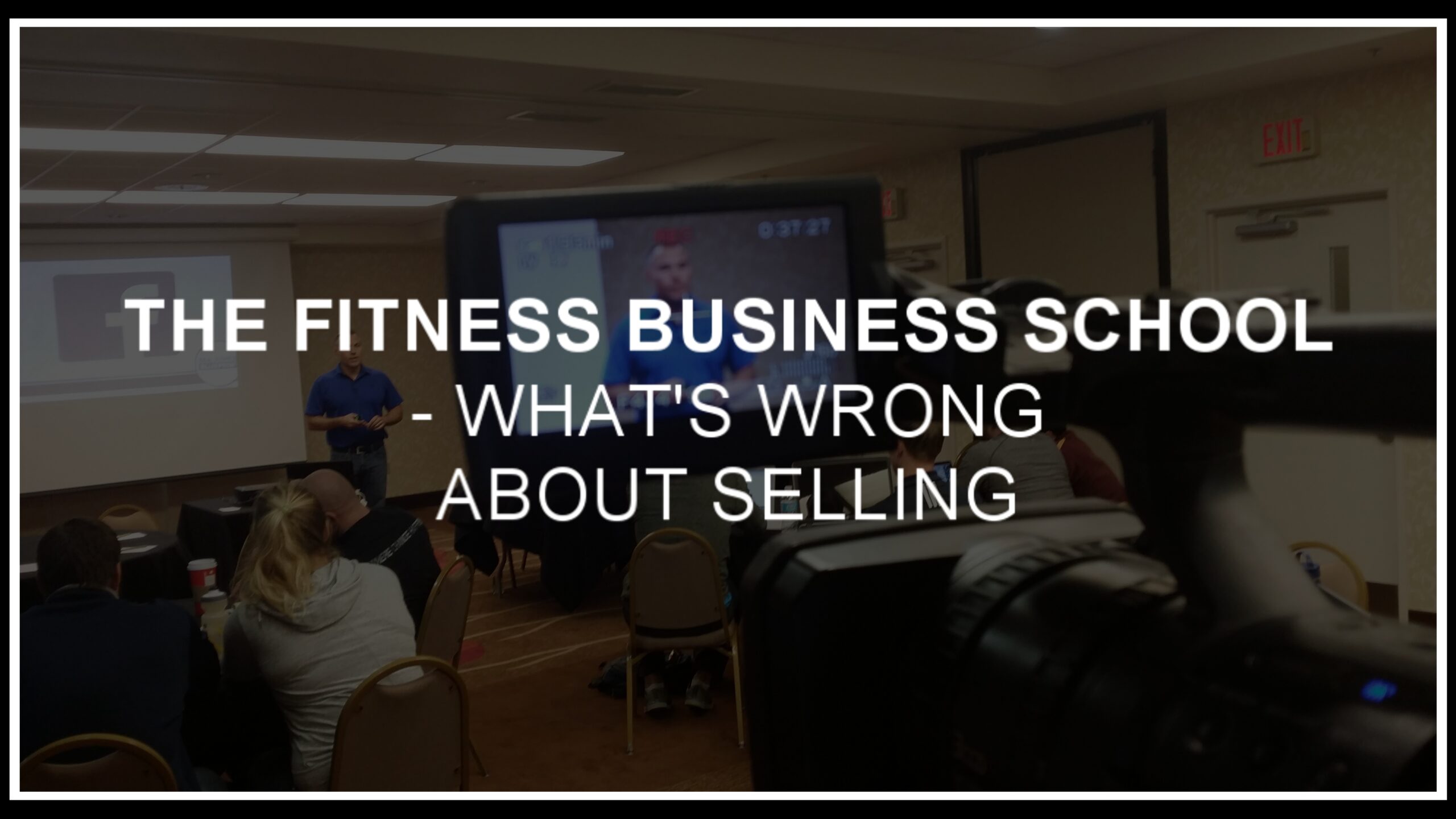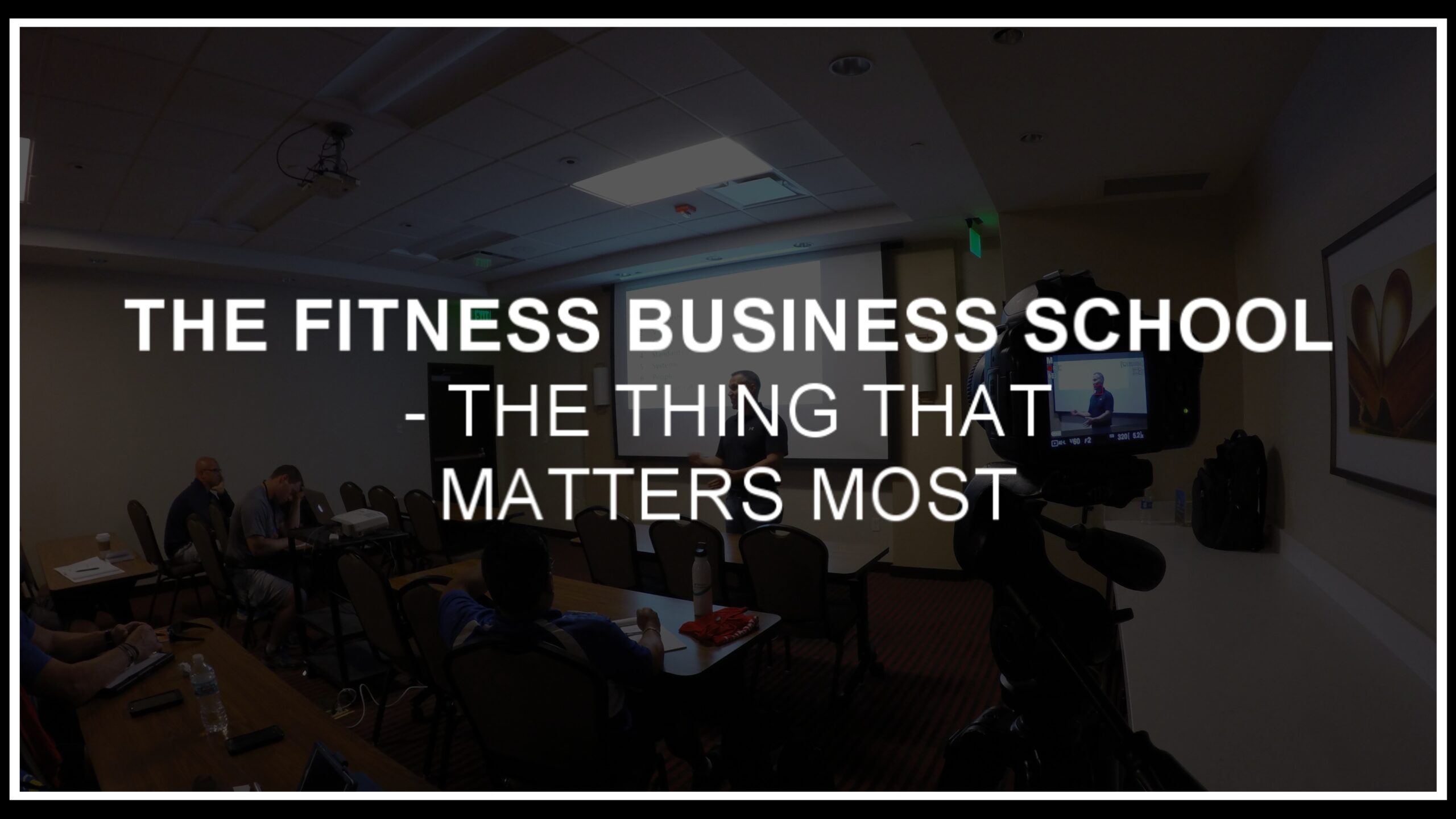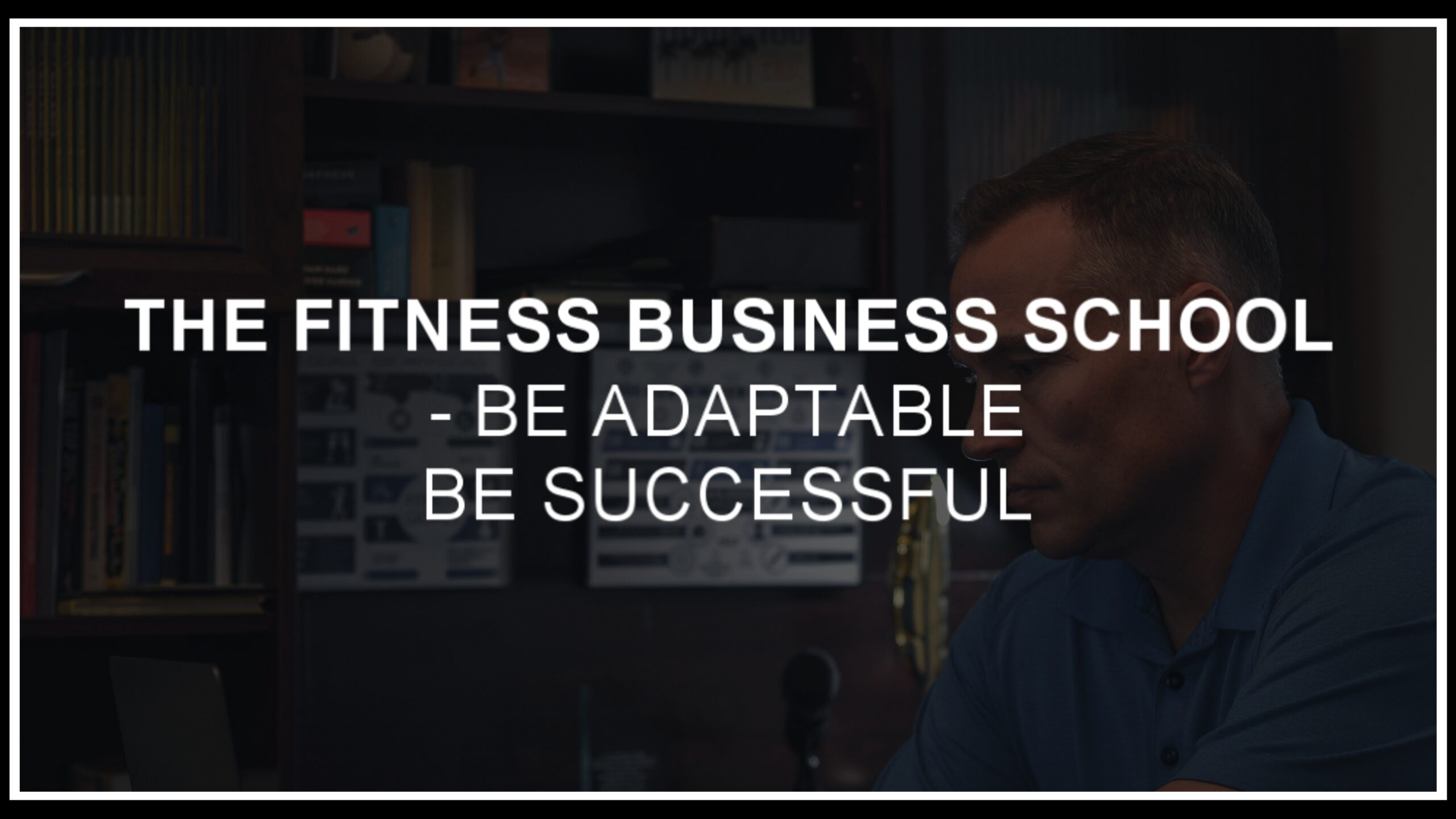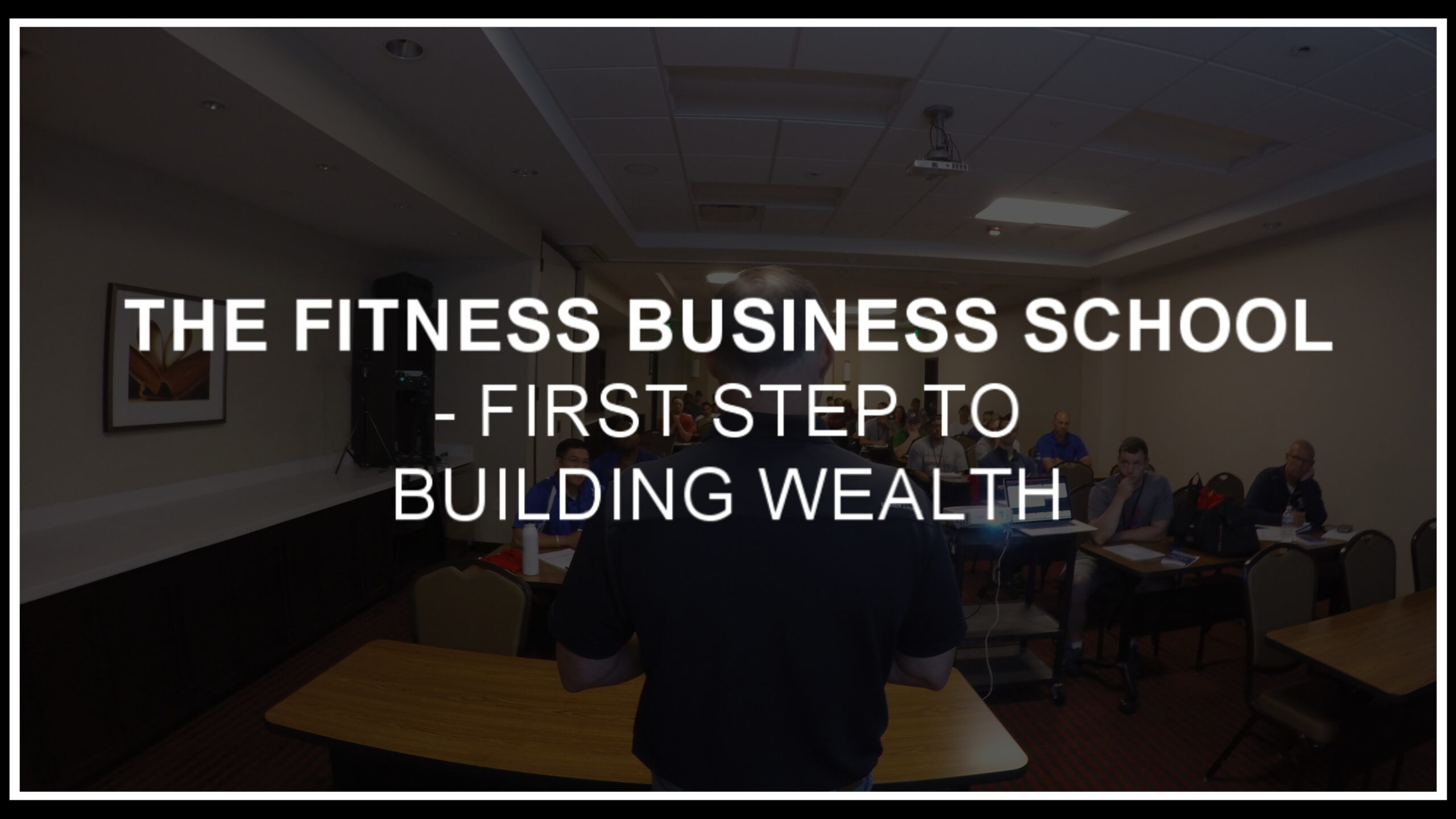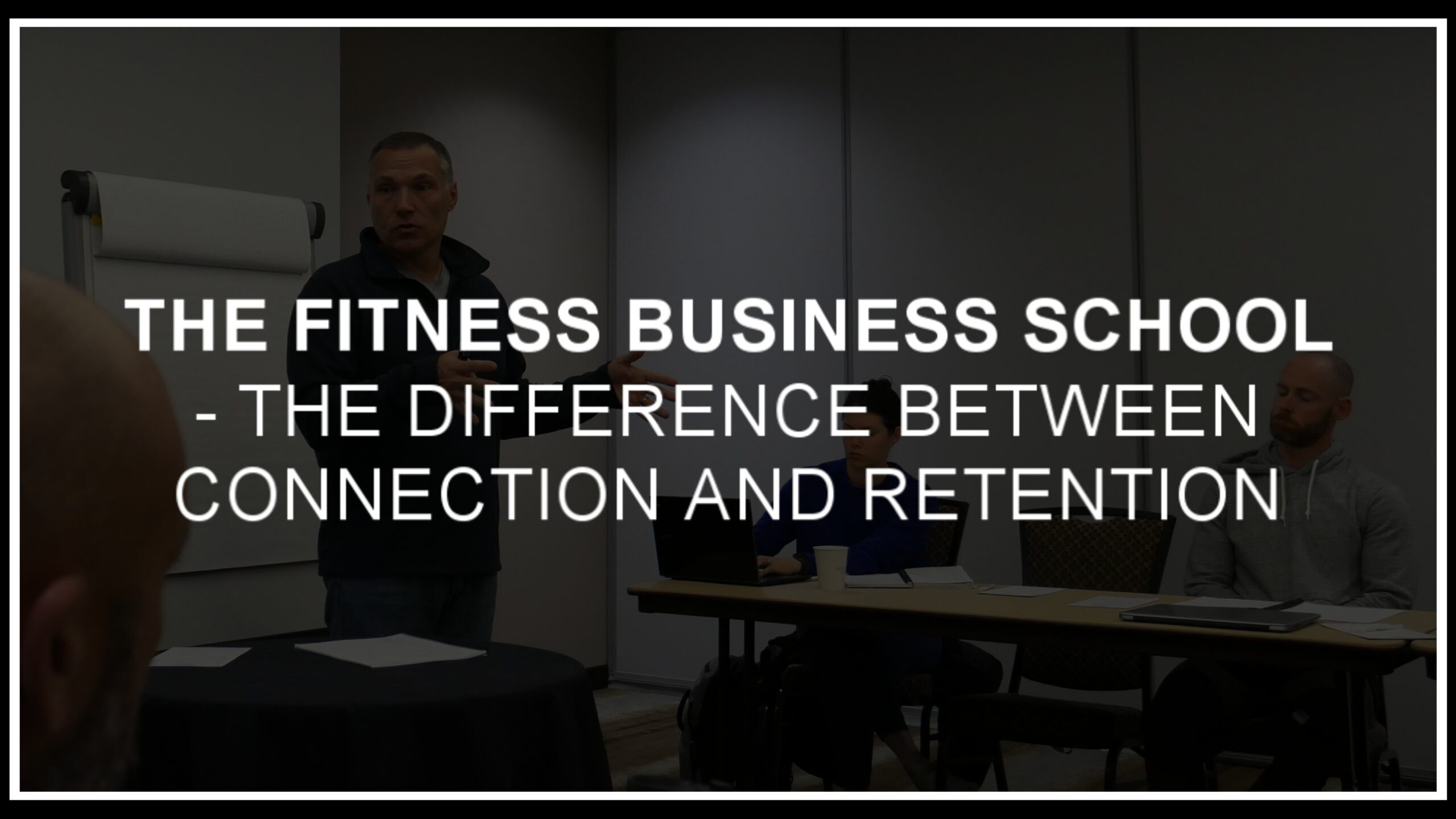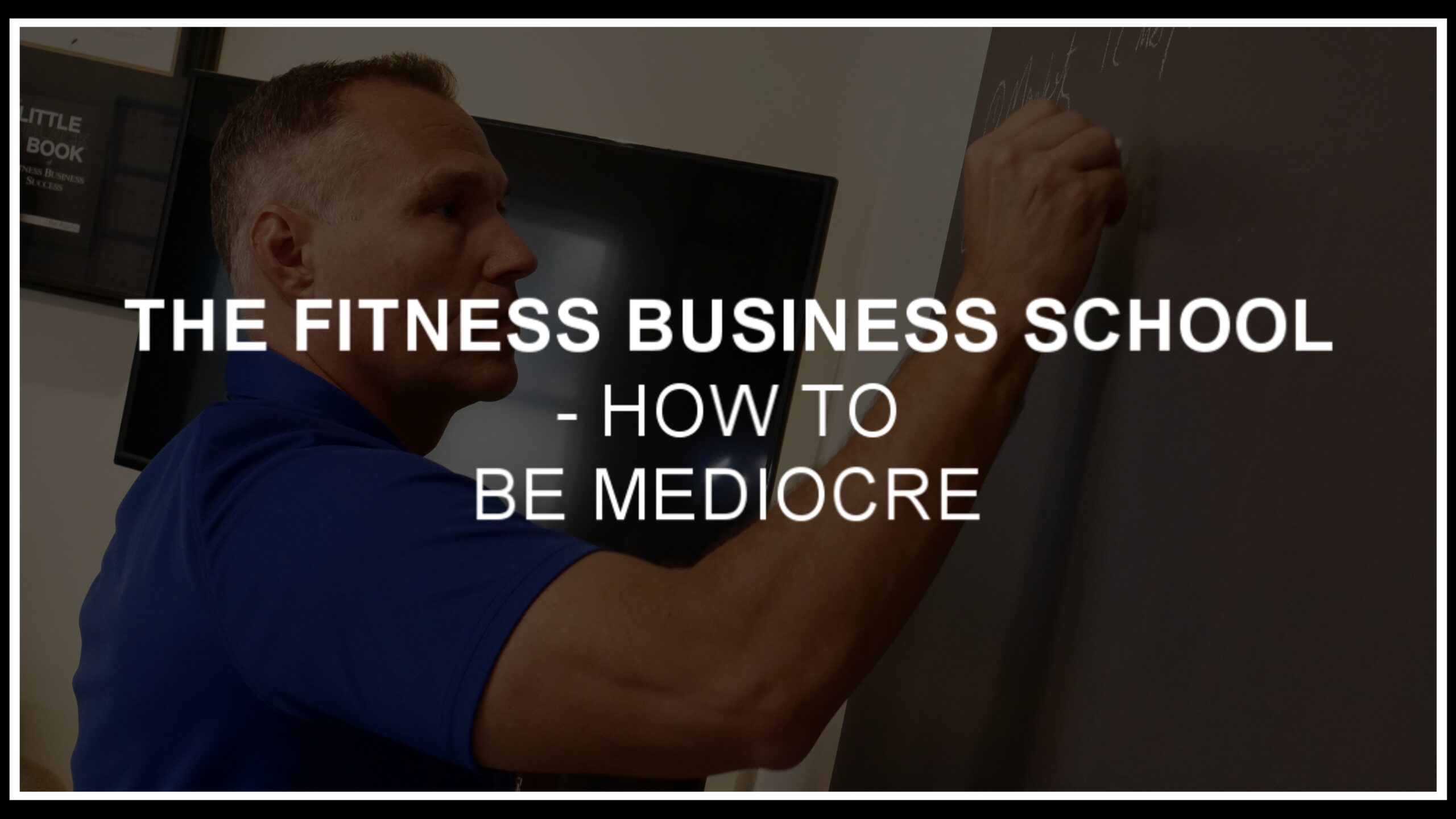Show Notes
- Dollywood is nailing it
- Employees get college tuition – a huge benefit
- They get people and they keep them
- Most regional theme parks have younger employees
- Dollywood has tons of “bolt-on” offerings
- How do you make more from your assets?
- Have offers ready at point-of-sale, but keep marketing them
Full Transcript
Hey, Pat Rigsby here, and in today’s episode I wanna talk with you about learning from other hospitality businesses. Let’s get started.
Welcome to the Fitness Business School podcast, the show for fitness business owners who want to grow their income, increase their impact and improve their lifestyle. Be sure to listen to the end of this episode because we have a brand new special offer exclusive for listeners. So stay tuned.
Recently, my family and I went to Pigeon Forge, Tennessee for a baseball tournament for my son’s 13 U baseball team. And we, and we went to Dollywood, and we’ve been to Dollywood a number of times. Typically, every time we go to the Smoky Mountains, we, we stop by there and I am always in
impressed with their, their customer experience, the way that their employees are so kind. And I’m also really, I impressed with how they monetize what they do in a way that, that is really straightforward.
I mean, it’s just all about convenience and solving problems and enhancing the experience for an additional fee. So I’ll talk for a moment about the employee side of things. In an environment where it seems like a lot of people really are struggling with finding good employees or keeping good
employees, I mean, they seem to have figured it out. A, from what I understand now, every employee including part-time and seasonal employees gets their college tuition paid for. As an employee of Dollywood, you want to talk about a way to make a job both appealing and attractive to start, but then,
kind of creating a true pain of disconnect. Most people just aren’t gonna be able to go and find an alternative job that has that same, that same sort of environment called same sort of employee support. And so when they get good people, my guess is they certainly keep them.
So that’s the the first thing that really came to mind. And, and there’s such a unique situation there, because most of the employees that I see are probably more like my age. And there are definitely younger people as well, but there are plenty of people at all spectrums of ages where when we
go to other regional amusement parks, like at King’s Island or Cedar Point that are owned by Cedar Fair a very large publicly traded company, they all have high school age kids. They pay them. Well, I believe they pay them $20 an hour to, to work. Kings Island is in a metropolitan area, like a suburb of
Cincinnati, Ohio. So they get plenty of people. Cedar Point is outside of Sandusky, Ohio, and it, I believe they, they kind of import most of their seasonal employees and they stay in like dorms.
So they’re more like college age kids, but Dollywood is different. They have plenty of people who are in their forties, fifties, sixties working, and it, it’s just a different environment and they’ve adapted. And they said, okay, how do we get more the right people? How do we keep them year to year?
And they’ve created a hiring environment that obviously it’s working for them. They wouldn’t be doing it if they still weren’t profitable. I mean, I know they’re, they’re expanding. They’ve just added a bunch of new attractions over the last couple years and now they’re adding a, a second Disney quality, a large
resort on properties. Whatever they’re doing is certainly working. So there’s that piece of it. But then I look at some of the other things that, that they do and, and all of this, I’ll, I’ll tell you how you can apply it to your business.
I’m not just gonna riffing on hospitality business just ’cause I was there. It was like, I go, anytime I go to another business, stay in an Airbnb, go to a restaurant, whatever else, I’m always kind of noticing what people are doing. And like any good amusement park at this point, there’s the ticket for
admission. Then there are all these things that you can bolt on to make the experience a little bit better, or save time or lower friction or whatever you wanna call it, beginning with preferred parking. If you want to park closer and not take a tram from deep into the parking lot. If you wanna park closer, then you have
that option. And it’s just an additional fee if you want to, if you want to skip the bulk of the line. All these places have what they would call the fast lane or a VIP pass or whatever else, like a ticket that allows you to take, jump in a separate line and move towards the front.
And usually eliminates probably 80 to 90% of the weight. They have VIP tours. This originated with
Disney and then Universal, but now it’s kind of expanded to every regional amusement park where there’s
a VIP tour where a member of the team guides you to the front line and you literally skip
every line and they, they add some bells and whistles, meals and snacks and some behind the scenes stuff.
So all these things are designed to enhance the experience. They’re designed to make it more convenient
for you to get the outcome you want. They’re just really designed to allow you to take advantage of all the
assets that this company has, but in a different way than kind of the general format. And the reason I
presented it that way is if you think about your business, and let’s say you have a group training business,
you have all these assets, you have your intangible assets like knowledge and experience, and then you’ve
got tangible assets, the equipment, the facility, and you have one base way that you deliver that the
same way that an amusement park delivers access to all their stuff, the customer service, the
attractions, all this.
You have access to all that for paying this base price. But if you want a more convenient way to
experience this, if you want to do more things in a shorter period of time, if you want to skip the lines, if
you want to customize this experience in any way for an additional fee, you can do that. And I don’t see
nearly as many training businesses put that out front and center. Plenty of training businesses could you
know, could, could do some of what I just alluded to, some of them. I mean, if we think about preferred
parking, for example, let’s say that you allow people to register for classes two weeks out, well, you might
potentially have your preferred registration pass that allows people to schedule a month out for an extra
$20 a month. I’ve not really heard of anybody doing it, but it certainly seems like a, an option that would
be available if people wanted to get a more personalized experience.
If they wanted to have a different type of workout experience. You could do semi-private or private training during certain hours, and they pay the upgrade just like you would for a fast lane type of pass at an amusement park for the VIP type of experience. Somebody could get one-on-one coaching, they could
get accountability with you, they could get some sort of personalized nutrition coaching, all of those things. And then from a convenient standpoint, o obviously all of the amusement parks make a significant amount of money off of food and retail. And I mean, you could sell nutrition coaching, you could sell
supplements in the same way they do. The difference is a lot of what we do in that regard, we don’t make it kind of a front and center priority. Whenever you go online to buy park tickets, you could easily upgrade and say, Hey, do you want whatever they call their pass, they have some sort of food pass for the
day that gives you a certain amount of meals or unlimited meals or whatever.
Well, you could sell your nutrition coaching or a supplement package at the point of sale, but then continuing to market it on a weekly basis, the way that they would have some sort of options for you for retail or for food, literally at every term they have is they, they have more of those than they
have actual attractions. Every one of these parks do. So that’s another option that you have a available to you. Another really, I think, simple thing that you can do is figure out how to make things even more convenient if somebody stays at the resort that Dollywood owns. Just like with Disney, they will transport
you to and from the resort to the park, just like you could easily create plenty of things that people can do at home to make it more convenient. People can do when they travel to make it more convenient.
So hopefully your wheels are turning a little bit and you’re thinking, Hey, there are some things that I can do it that, that work really well in these environments that are competitive, just like our environment is competitive, that they’re asking for disposable income, they’re inviting. I mean, they’re not, these parks
aren’t going to make their living selling tickets $59 at a pop. They’re not going to do that. They need to, in order to be profitable, they need to have all these upgrades and, and different offers and they figured out how to do it. So the next time that you choose to go to any, any sort of venue, whether it’s a
restaurant, whether it is an amusement park, whether it it’s staying in a hotel or an Airbnb, see what people are doing, notice what they’re doing. Heck, the last one I’ll tell you that they do at Dollywood that I think that at this point, a lot of the parks do. I know that a Disney doesn’t, but the rest of the
parks will let you just basically apply your daily ticket to a season pass. Well, anytime you’re running a front end offer, making it readily available for people to apply their front end offer to an ongoing membership, that should be a front and center offer to always be moving people in that direction. Now, a
lot of us, we rely on deadline driven offers. We rely on infrequent promotions for nutrition coaching or for supplement sales or whatever else. One of the things you’ll see at these amusement parks is it, it’s just constant. It is there everywhere you turn. And we could definitely do a much better job with internal
signage, with frequency of promotion, with discussing it during sessions, before sessions, after sessions.
So a few tips that you can take as well as hopefully just a prompt to help you notice more whenever you’re out and about, whenever you’re looking for opportunities to improve your business, to stand out from the crowd, to become the category of one in your respective market.
Thanks for listening to this episode of The Fitness Business School.
Before you go, I have a quick announcement:
One of of the things that we’ve been doing with our current clients is taking them through this Ideal Business diagnostic and really what it is, this checklist that allows you to pinpoint exactly what your business needs next so you can keep improving, keep growing, and build a business that you love to own, one that pays you well, one that allows you to have the impact you wanna have and one that allows you to have a lifestyle that you truly enjoy.
In this diagnostic, we walk through everything and we do an evaluation and can instantly pinpoint what you need to do next to build that business that you want. I’m going to extend this opportunity to get on with either me or my team and take you through this evaluation and fix your business’s most vital needs fast.
So if we take you through this, you’re gonna be able to make those vital changes that you need to finally have what I call your Ideal Business. If you’d be interested in going through this entirely free, risk-free diagnostic with us and learn what you already have in place, what you’re doing well and where are your greatest opportunities for rapid improvement are just shoot me an email with diagnostic in the subject line to [email protected].
Again, an email to [email protected] with diagnostic in the subject line will get you scheduled and take you through this evaluation to help you build the business you want.


